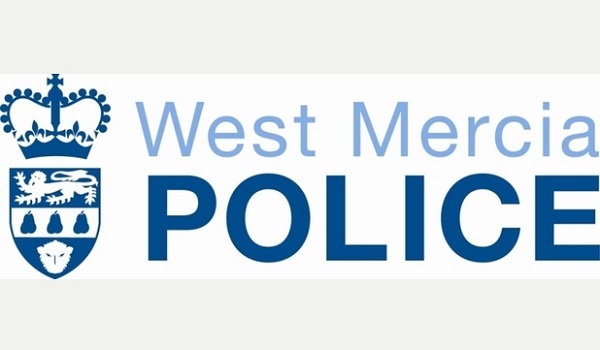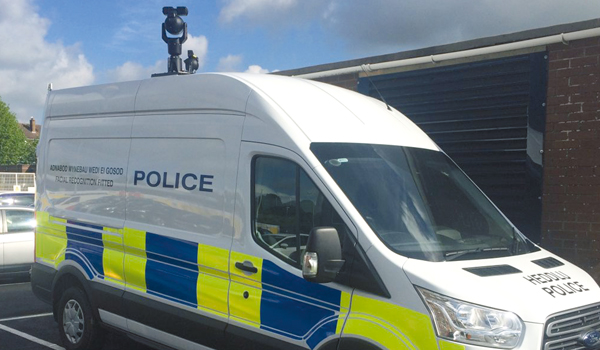Police to receive new powers to counter drone misuse
Police are set to receive new powers allowing them to land, inspect and seize drones under a Bill which has its second reading in Parliament today (January 27).
The Air Traffic Management and Unmanned Aircraft Bill follows a number of near misses in the sky and enables police to take action if an offence has been committed and a warrant is secured.
Drone users could also face an on the spot fine for certain offences such as failing to provide evidence that they have the correct permissions and exemptions if found to be flying their device too high or too close to buildings, or failing to provide evidence of competency or registration.
The Bill will also give the police new stop and search powers around airports, prisons and other restricted areas. It will amend the Police Act 1997 to allow the police and senior prison authorities to authorise the use of counter-drone measures to combat illegal drone use.
Transport Minister Baroness Vere said: “Drones have incredible potential, whether that’s by transforming how we move goods around or saving lives in search and rescue missions.
“Most people using drones want to do so responsibly, and we encourage them to familiarise themselves with the law. We are confident these police powers will be used proportionately to both deter careless drone use and to tackle serious, malicious criminal activity.”
Security Minister Brandon Lewis said: “This Bill is a vital part of the government’s strategy to tackle the illegitimate use of drones and protect the UK’s growing drone industry.
“For the UK to establish itself as a global leader in this exciting technology it is vital that police have the powers to crack down on those who intend to use drones to cause harm or disruption.”
Last month a pilot reported seeing a drone at around 4,000ft as they descended to land at Heathrow. Although the risk of a collision was classified as “low”, the legal altitude limit for flying drones is just 400ft.
Drones can be flown above this limit for purposes such as photography and surveying, but permission must be granted in advance.
In December 2018, a drone attack at Gatwick brought 140,000 people’s Christmas travel plans to a standstill. The incident left the airport on lockdown for 33 hours, and military personnel were eventually called in to put an end to the disruption. The incident was estimated to have cost more than £50 million.
In October 2019, the Government published its Counter-drone strategy and in November 2019 it became mandatory for operators of small unmanned aircraft to register themselves and take an online competency test, with 80,000 having registered so far.






